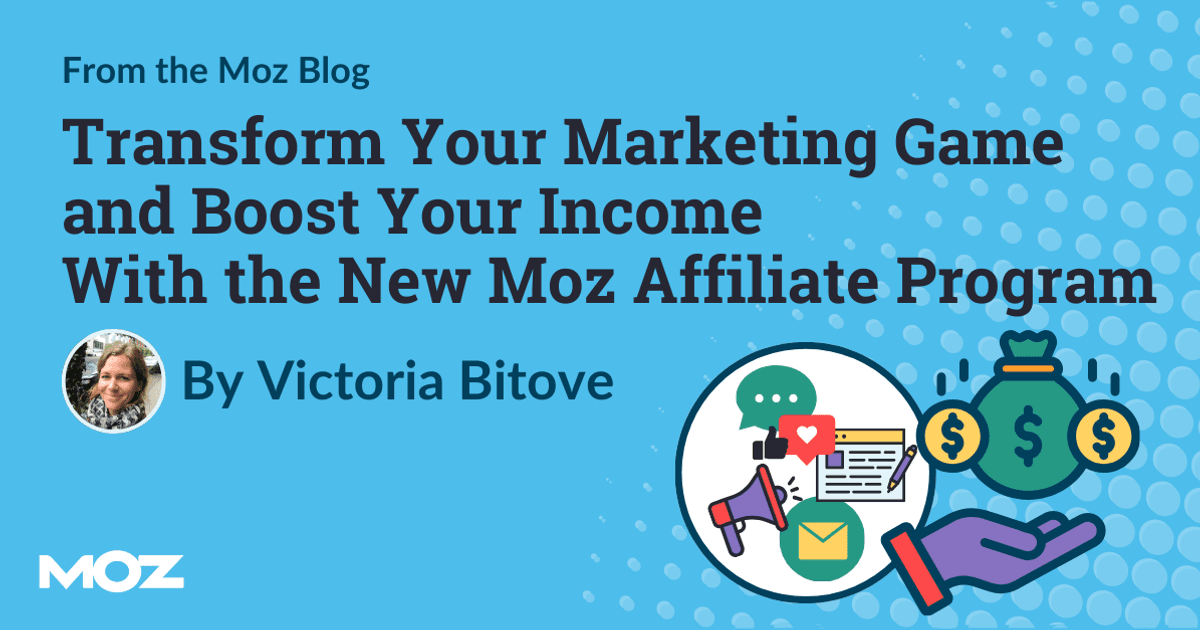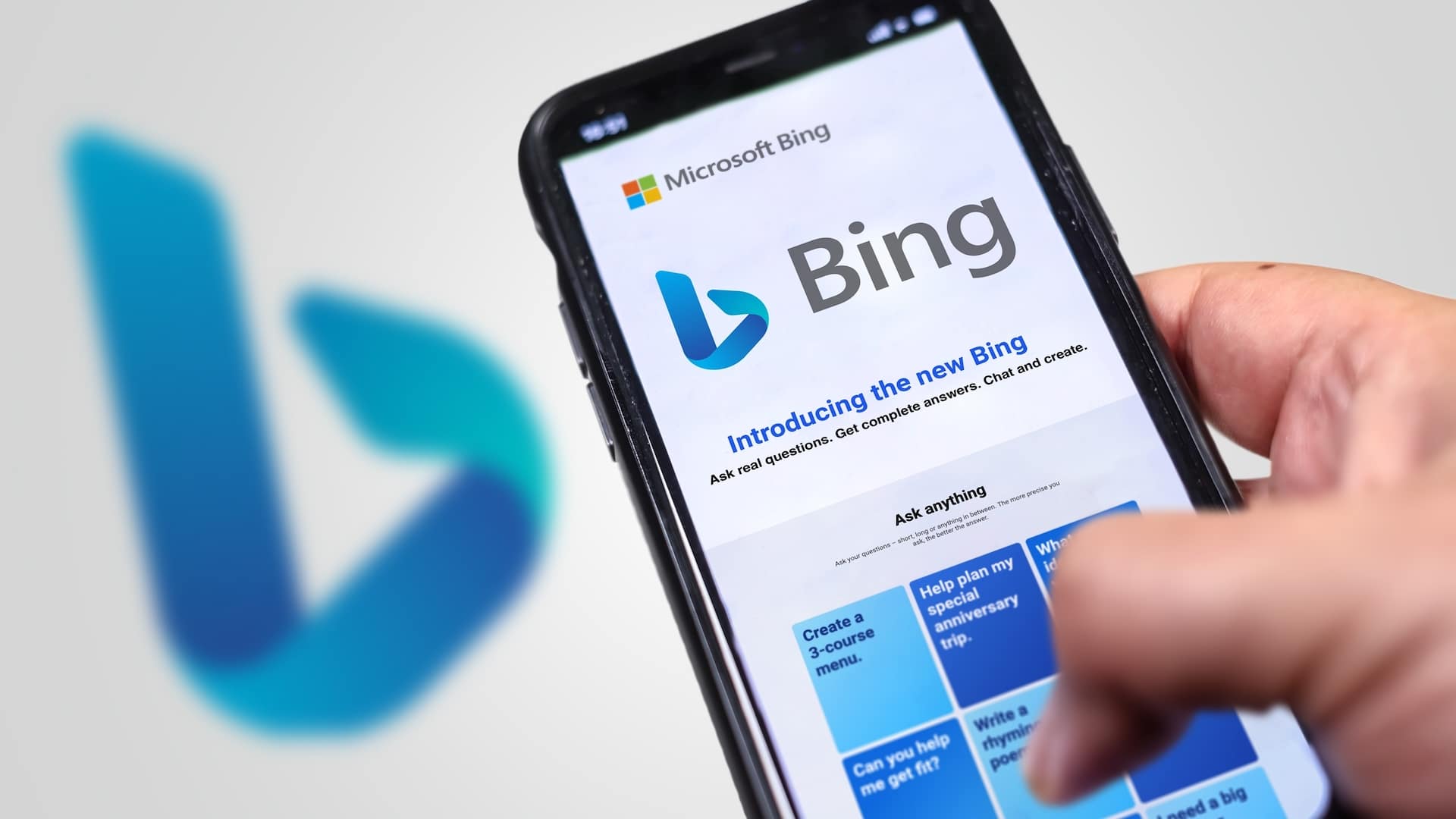Winning and losing clients is part of the agency business. But with the right processes in place, you can smooth client transitions and maintain positive relationships no matter the outcome.
Let’s tackle best practices for onboarding new clients and offboarding those who leave that will improve the client experience, get to work quickly, and enable future referrals.
Managing client transitions seamlessly
As a search agency, you are always trying to win new business. This means countless pitches, opportunities, and work to show your capabilities.
New business is hard. It’s even harder in a space where the difference between winning and losing is so slim.
Winning is great, but you never only win. You also lose and churn the base as well.
The churn rate for professional services is 27%, per a Customer Gauge report.
While professional services is a larger category than search agency work, turnover is likewise inevitable.
In my agency, we’ve streamlined onboarding and offboarding into key practices that enhance the client experience, expedite workflow, and boost overall NPS, even in client departures.
Onboarding PPC clients
Learn the business
Sure, you won the business because you are an expert in search marketing. Congratulations!
However, even if you’ve worked in this space or vertically, you still need to learn their business.
There are two things we think about when learning a new business:
- The language: What acronyms do they use? These can be vertical- or industry-specific and unique to their business. Each business has a culture and language unique to them. Learn to speak their language.
- The metrics: How do they make money? It’s not from delivering clicks or impressions. You really need to know the mechanisms that generate growth and profits for the business. You are a partner in their success and not just delivering search marketing services. The more you can align with the KPIs, understand how they were set, and use them in your daily activities, the better you will be.
Dig deeper: How to build and maintain client trust in your agency
Set expectations
This is a new relationship, so you need to be clear about how you work and what they can expect from you. This is where a strong project and account management team can shine.
Are the meetings weekly or monthly?
When you say that a deliverable will be done at the end of the day – is that 5 p.m. or before you go to sleep?
Is the budget that you are given inclusive of fees? You need to ensure you don’t make assumptions about these items.
Dig deeper: What clients expect from their PPC agency
Be curious
Yes, you are being hired for a specific reason. However, that shouldn’t stop you from being curious and thinking about the business.
You might not be responsible for building landing pages or writing copy, but the process of how that gets done is important to your success.
Ask to understand things that might not be related to your work but are. We often request to talk to the sales and customer support teams. We want to understand the business and language people use.
It also helps with surfacing objections you must overcome to make a sale. Try the product and go through the same customer experience so that you know how things work.
This requires curiosity. You can easily use keywords for a product you sell based on tools alone and never have any practical experience.
Dig deeper: 6 tips to build PPC client relationships
Get the daily newsletter search marketers rely on.
Offboarding PPC clients
The golden rule
Just treat people the way you want to be treated. This is so obvious but is still often missed.
If a client is leaving, it could be a big problem or just a change in management. The new person might want their own team, even if you’ve been doing well with a 60% yearly improvement.
I’ve experienced both, and neither is fun for different reasons. However, you can’t look at it as anything more than business. When that decision happens, you must remember that you never know what’s in store for the future.
People move companies, new products are launched, and things change. We recently took over a piece of business we lost a year ago.
I’m confident that if we didn’t follow the golden rule, we would not have gotten the call to come back and help. I’m happy to report that the relationship is going great.
Share
Sharing is hard. You want to believe that what you did was unique and proprietary. Maybe some of it was, but the client leaving didn’t think highly enough of it, so they are leaving.
Helping them leave with their data and their account will help leave a positive impression.
We recently heard a scenario where a client was leaving, and the prior agency wanted to charge the client for access to their account.
Consider what impression this leaves on the client and the agency transitioning the account. This is a referral business. Not sharing doesn’t scream referral.
Ask for feedback
Losing an account is no fun, but you must use it as a learning opportunity. Why did this business decide to move on? What could you have done differently?
Having an internal and external post-mortem. Sometimes, the answer is simple: we have a new CMO and she is bringing in her agency.
In other cases, it’s a little more complex or a matter you could have done something about.
Did you staff it with too many junior team members?
Did you not tell a compelling story about your work or the market forces at play?
Is this feedback similar across other accounts with a similar makeup or team member?
Is there anything you can do to be proactive in your new business wins?
Handle client transitions with grace
Clients coming and going is inevitable in the agency world. However, implementing best practices for onboarding new clients and gracefully offboarding those who leave can significantly reduce friction, maintain positive relationships, and generate referrals.
You can build trust and enable future success by asking for feedback during transitions. With the right processes, your agency can make the hello and goodbye as smooth as possible.
Dig deeper: How to retain clients in PPC
Opinions expressed in this article are those of the guest author and not necessarily Search Engine Land. Staff authors are listed here.



